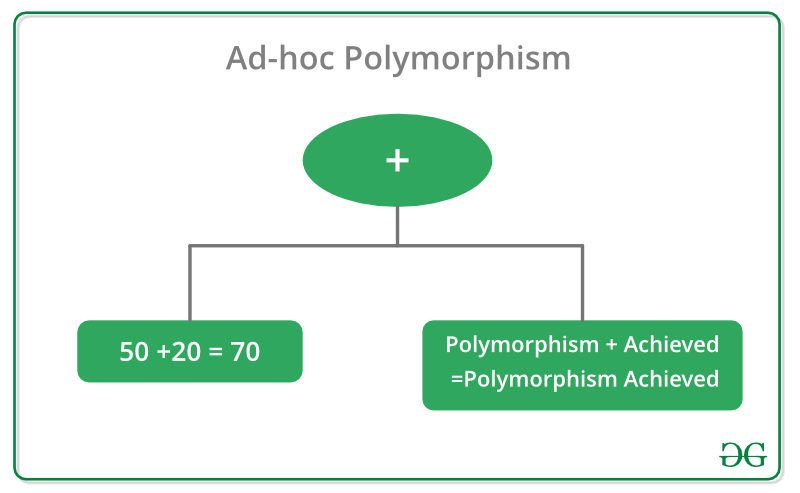
Clark Construction is a well-respected general contractor in the United States. Interns can expect to be taught by some of the most skilled construction professionals in this industry. Additionally, associate positions at Clark provide real-world hands-on construction experiences that prepare future construction professionals for careers in the field. You will be able to learn from the best construction professionals in the business and be a part of some of the most notable construction projects in the country.
Job duties
Clark Construction interns have the chance to work with some of the most skilled construction professionals in the nation. You will have the opportunity of learning from real-world experience about how the business works. These internships give students a realistic view of construction while providing valuable hands-on experiences.

Apart from your internship duties at the job site you will also have the chance to work in many corporate departments. You'll be able to learn about how Clark builds buildings and how to make a difference in the world around us. Opportunities exist in Virtual Design & Construction, Research & Development, Scheduling, Safety, Sustainability, Talent Management, and Scheduling.
Salary
Clark Construction Group has competitive salaries. Based on their compensation and perks, they rank among the top 15% of US companies. Clark Construction Group's work environment is positive and many employees are satisfied with the jobs they do. The company has a low turnover ratio and high employee satisfaction, compared to its rivals. Clark Construction Group offers many benefits to its employees, including high salaries and a paid internship.
Clark Construction Group averages $106,341 annually, or $51/hour. It can vary depending upon the position, education and department. For example, the highest paid position is Director of Operations, which pays $331,673 annually, while the lowest paying position is an Admin Assistant, which pays $50,345 per year. The department-specific salary ranges can be found below. For example, the salaries of the Director for HR and Marketing departments are on average $1128,811 and $88,113.
Lage
Clark Construction offers internship opportunities near you. This company is consistently ranked as one of the nation's best general contractors. Clark offers the opportunity to work alongside some of our most respected contractors and learn from them. This internship allows you to get a more realistic look at construction and gives you valuable, hands-on experience.

The working atmosphere at Clark Construction Group is very positive, with 86% of employees reporting that they enjoy their jobs. Clark Construction Group employees are only 20% to work less that eight hours per week. Clark Construction Group ranks third for overall company culture. Its employees generally enjoy their work and are satisfied with their benefits.
FAQ
What are the three basic management styles?
There are three main management styles: participative, laissez-faire and authoritarian. Each style has its advantages and disadvantages. Which style do your prefer? Why?
Authoritarian - The leader sets the direction and expects everyone to comply with it. This style is most effective when an organization is large, stable, and well-run.
Laissez-faire – The leader gives each individual the freedom to make decisions for themselves. This approach works best in small, dynamic organizations.
Participative – The leader listens and takes in ideas from all. This style is most effective in smaller organizations, where everyone feels valued.
What is Kaizen?
Kaizen is a Japanese term which means "continuous improvement." This philosophy encourages employees to continually look for ways to improve the work environment.
Kaizen is built on the belief that everyone should be able do their jobs well.
What are management principles?
Management concepts are the principles and practices used by managers to manage people, resources. They cover topics like job descriptions (job descriptions), performance evaluations, training programmes, employee motivation and compensation systems.
What is TQM exactly?
The industrial revolution saw the realization that prices alone were not sufficient to sustain manufacturing companies. This led to the birth of quality. To remain competitive, they had to improve quality as well as efficiency.
To address this need for improvement management created Total Quality Management (TQM) which aimed to improve all aspects of an organization's performance. It involved continuous improvement, employee participation, and customer satisfaction.
Six Sigma is so popular.
Six Sigma is simple to implement and can yield significant results. Six Sigma also gives companies a framework for measuring improvement and helps them focus on what is most important.
What is Six Sigma?
It's a strategy for quality improvement that emphasizes customer care and continuous learning. The goal is to eradicate defects through statistical techniques.
Six Sigma was developed at Motorola in 1986 as part of its efforts to improve manufacturing processes.
The idea spread quickly in the industry. Today many organizations use six-sigma techniques to improve product design.
What are the most common errors made by managers?
Sometimes managers make it harder for their employees than is necessary.
They may not assign enough responsibilities to staff members and provide them with inadequate support.
Additionally, many managers lack communication skills that are necessary to motivate and direct their teams.
Managers sometimes set unrealistic expectations of their teams.
Some managers may try to solve every problem themselves instead of delegating responsibility to others.
Statistics
- Your choice in Step 5 may very likely be the same or similar to the alternative you placed at the top of your list at the end of Step 4. (umassd.edu)
- Our program is 100% engineered for your success. (online.uc.edu)
- UpCounsel accepts only the top 5 percent of lawyers on its site. (upcounsel.com)
- As of 2020, personal bankers or tellers make an average of $32,620 per year, according to the BLS. (wgu.edu)
- The average salary for financial advisors in 2021 is around $60,000 per year, with the top 10% of the profession making more than $111,000 per year. (wgu.edu)
External Links
How To
How do you implement Quality Management Plans (QMPs)?
QMP (Quality Management Plan) is a system to improve products and services by implementing continuous improvement. It provides a systematic approach to improving processes, products and customer satisfaction by continuously measuring, analysing, controlling, controlling, and improving them.
The QMP is a standard method used to ensure good business performance. QMP improves production, service delivery, as well as customer relations. QMPs must include all three elements - Products, Services, and Processes. If the QMP focuses on one aspect, it is called "Process." QMP. If the QMP is focused on a product/service, it's called a QMP. And when the QMP concentrates on Customer Relationships, it is called "Customer" QMP.
When implementing a QMP, there are two main elements: Scope and Strategy. These are the following:
Scope: This determines the scope and duration of the QMP. For example, if you want to implement a QMP that lasts six months, then this scope will outline the activities done during the first six.
Strategy: This is the description of the steps taken to achieve goals.
A typical QMP consists of 5 phases: Planning, Design, Development, Implementation, and Maintenance. Here are the details for each phase.
Planning: This stage identifies and prioritizes the QMP's objectives. In order to fully understand and meet the needs of all stakeholders involved in this project, they are consulted. After identifying the objectives, priorities and stakeholder involvement, it's time to develop the strategy for achieving the goals.
Design: The design stage involves the development of vision, mission strategies, tactics, and strategies that will allow for successful implementation. These strategies are then put into practice by creating detailed plans.
Development: The development team is responsible for building the resources and capabilities necessary to implement the QMP effectively.
Implementation: This is the actual implementation and use of the QMP's planned strategies.
Maintenance: The maintenance of the QMP is an ongoing task.
Additional items must be included in QMP.
Stakeholder Engagement: It is crucial for the QMP to be a success. They are required to actively participate in the planning, design and development of the QMP, as well as the implementation and maintenance phases.
Project Initiation. It is important to understand the problem and the solution in order to initiate any project. The initiator must know the reason they are doing something and the expected outcome.
Time Frame: This is a critical aspect of the QMP. You can use a simplified version if you are only going to be using the QMP for short periods. If you're looking to implement the QMP over a longer period of time, you may need more detailed versions.
Cost Estimation is another important aspect of the QMP. Planning is not possible without knowing the amount of money you will spend. The QMP should be cost-estimated before it can begin.
QMPs should not be considered a static document. It changes with the company. So, it should be reviewed periodically to make sure that it still meets the needs of the organization.